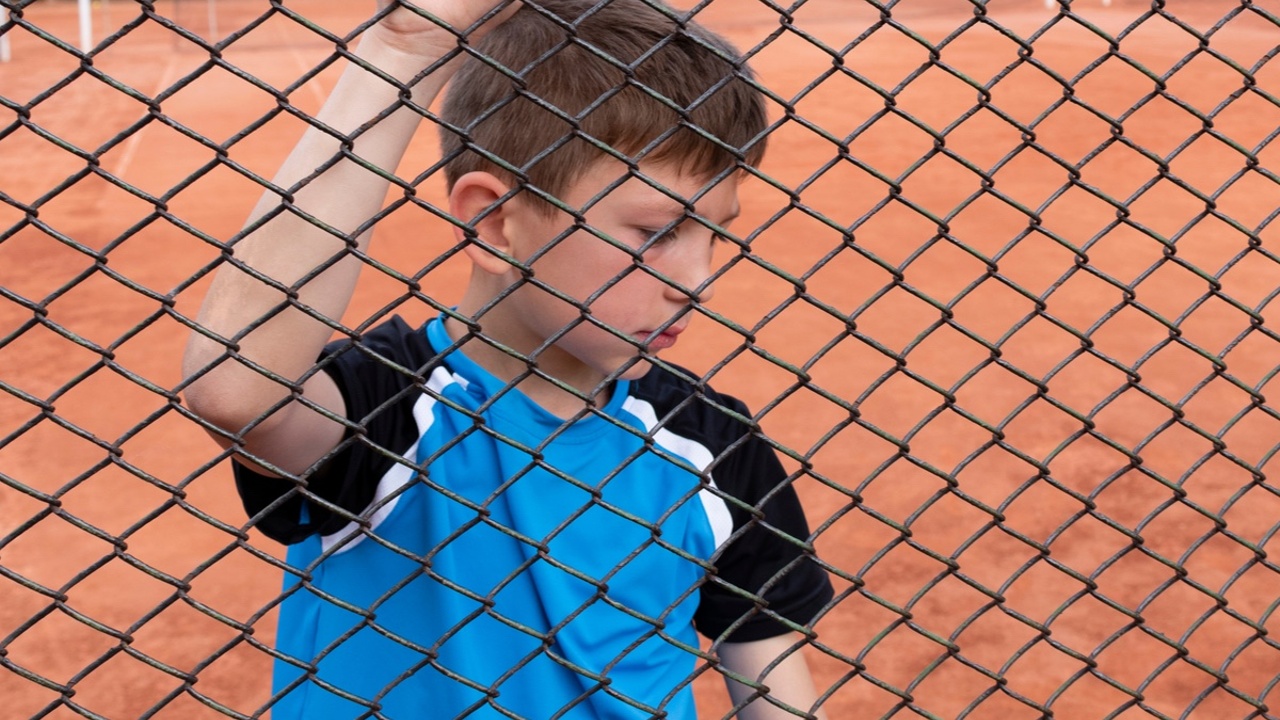The 4 Crucial Elements to Successfully Supporting Tennis Parents...

A great passion of mine throughout my career as a sport psychologist has been supporting parents on the tennis parenting journey.
I quickly formed the opinion early in my career that tennis parents in the organisations that I worked were having more influence on player mental toughness outcomes than coaches.
I also learned that National Organisations, the bodies that should be prioritised supporting parents throughout the tennis parenting journey, do a terrible job in this area.
This contributes to i.) consistent parent and coach overwhelm and helplessness, and ii.) poor competitive habits and common issues with well-being for players.
And while coaches generally do their best to support tennis parents in this challenging role, we typically miss some vital elements in successfully assisting parents...
Why do efforts to support parents often fail?
The reason that efforts to support tennis parents often aren't adequate is that those looking to help simply give parents guidelines and suggestions for how to communicate in tennis contexts and during tennis challenges.
This is of course a great start but, given the challenges that tennis parenting often presents, this approach is often not enough to actually help parents communicate the crucial messages that are the dominant influence in how children come to habitually respond in competition and even practice.
So what else is needed?
There are 3 other crucial core elements that can help support parents on the tennis parenting journey more effectively...
1.) Helping parents understand their importance
When we consider the massive advances in what we now know about how children’s brain develops, it is clear that mental toughness is developed largely based on children’s development experiences with influential others.
And while coaches are a key part of that picture, a particular brain system that evolved millions of years ago, combined with the amount of time parents spend with kids during pre-adolescent years, means that the most influential single factor that determines how children come to respond in competition are parents.
2.) Helping parents understand why tennis parenting can be so challenging
For most parents, watching their child compete in sport is an extremely emotional experience. Where surviving real life threats results in relief so does winning in sport. Likewise, losing in tennis can feel like a real battle lost.
But while all tennis parents can experience significant challenges, some face increased vulnerabilities due to personal developmental histories and levels of involvement.
It's therefore vital that we help parents understand the normality of tennis parenting challenges based on individual circumstances.
3.) Helping parents improve tennis parenting skill
When parents know i.) what to do, ii.) why they're important, and iii.) why it’s challenging, the final vital support is to help improve the ability to actually apply suggested recommendations during the significant challenges that tennis parenting presents.
For many parents, particularly those who have well-learned, unhelpful habits of communication, when this element is not included some may not have the skill to actually apply suggested communications during significant challenges.
Therefore, helping parents improve attentional control, self-awareness, and emotional fitness can be a vital foundation for gaining more choice in responding during difficult moments.
In combination...
These 4 keys to helping parents nurture children’s healthy mental toughness in tennis not only tends to help parents communicate more successfully with children and coaches, but in my PhD collaboration with Tennis Australia, I showed empirically that this improved communication tends to result in better competitive responses in kids during matches as well.
Given what we know about the power of parent interactions, this of course makes sense.
With this in mind, during the rest of this week, as we prepare to open registration for our Parenting Healthy Mental Toughness Project next week, each day I’ll go into a little more detail about each of these 4 keys to successfully supporting parents during the tennis parenting journey.
Have a great day,
Anthony
